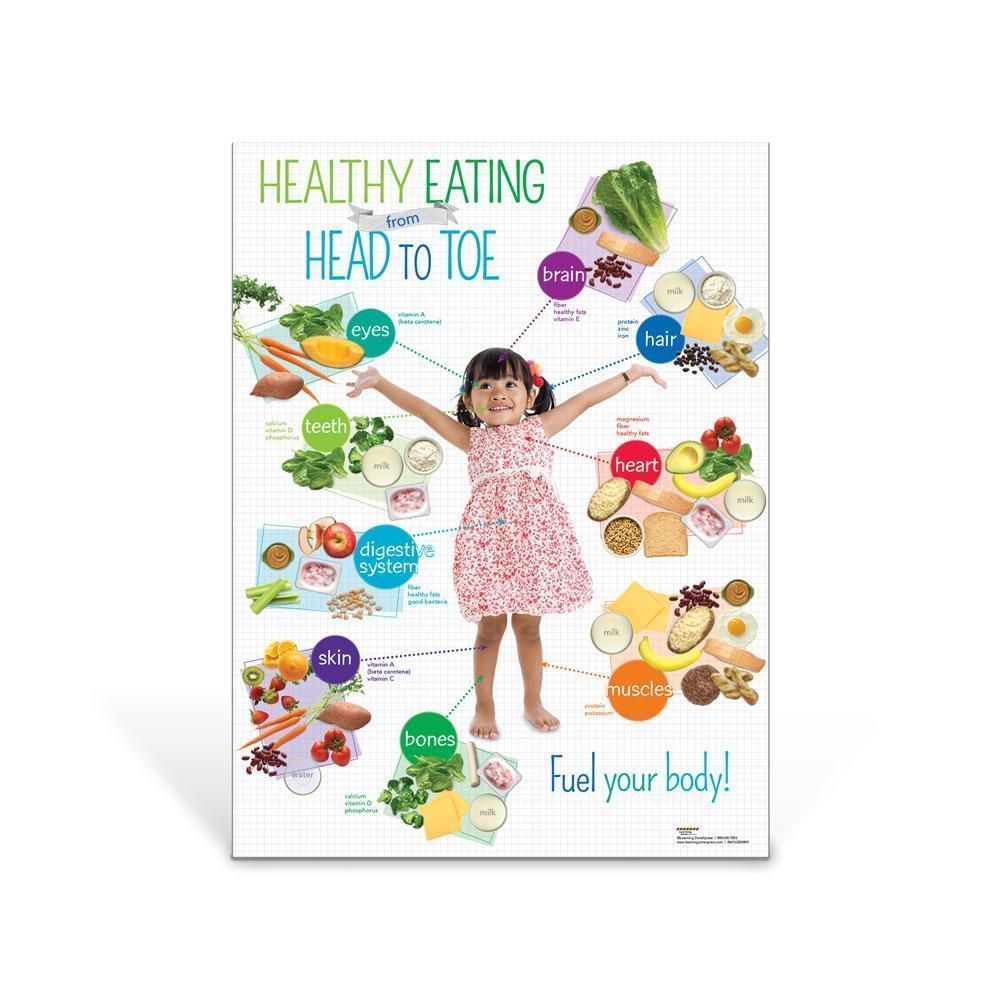
Proper nutrition is fundamental for the growth and development of children. By teaching and encouraging healthy eating habits from an early age, we can set our children on a path to a lifetime of good health. This article explores the importance of child nutrition and provides practical tips to build healthy eating habits.
The Importance of Child Nutrition
Childhood is a critical period for physical and cognitive development. Nutrition plays a key role in supporting growth, strengthening the immune system, and enhancing brain function. Adequate intake of essential nutrients, such as vitamins, minerals, proteins, and carbohydrates, promotes overall health and well-being.
Building Blocks of a Healthy Diet
A healthy diet for children should consist of a balanced mix of various food groups. It should include:
1. Fruits and Vegetables
Fruits and vegetables are rich in vitamins, minerals, and dietary fiber. Encourage your child to consume a variety of colorful fruits and vegetables to ensure a broad range of essential nutrients.
2. Whole Grains
Whole grains like brown rice, whole wheat bread, and oats are excellent sources of complex carbohydrates, fiber, and essential minerals. These should be preferred over refined grains, such as white bread and white rice.
3. Lean Proteins
Protein is vital for muscle development and tissue repair. Lean sources of protein include poultry, fish, beans, lentils, and tofu. Limit processed meats and opt for healthier alternatives like grilled or baked options.
4. Dairy or Dairy Alternatives
Dairy products like milk, cheese, and yogurt are rich in calcium, which is crucial for bone health. If your child is lactose intolerant or follows a vegan diet, there are numerous dairy alternatives available, such as soy milk, almond milk, and fortified plant-based yogurts.
Creating a Positive Mealtime Environment
The environment in which children eat can significantly impact their relation with food. By following these tips, you can create a positive mealtime experience:
1. Eat Together as a Family
Make mealtimes a family affair whenever possible. Sit down together at a table without distractions like television or gadgets. This allows parents to role model healthy eating habits and create a sense of togetherness.
2. Encourage Exploration
Introduce new foods regularly and encourage your child to try them. Be patient, as it may take several attempts before acceptance. Involve them in meal preparation or grocery shopping to make the experience more interactive and exciting.
3. Be Mindful of Portion Sizes
Children have smaller stomachs, so ensure appropriate portion sizes. Avoid using food as a reward or punishment. Teach your child to listen to their internal hunger and fullness cues to develop a healthy relationship with food.
Managing Picky Eaters
Many children go through a phase of picky eating, which can be challenging for parents. Here are some strategies to manage picky eaters:
1. Offer a Variety of Options
Provide a range of healthy food choices, including familiar and new items. Offer vegetables with different textures and flavors to find what your child enjoys. Be patient and consistent in your efforts.
2. Be Creative with Presentation
Make meals visually appealing by arranging food in fun shapes or using colorful plates and utensils. Get creative by preparing dishes with multiple ingredients to make them more interesting and engaging.
3. Involve your Child
Engage your child in the meal planning and preparation process. Take them grocery shopping and allow them to choose fruits, vegetables, or other healthy snacks. When children have a sense of ownership, they are more likely to be invested in trying new foods.
Conclusion
Nutrition plays a critical role in the overall health and development of children. By fostering healthy eating habits from an early age and creating a positive mealtime environment, we can ensure that our children grow up with a well-balanced diet and a positive relationship with food. Remember to lead by example and provide a wide variety of nutritious options to support their growth and well-being.

